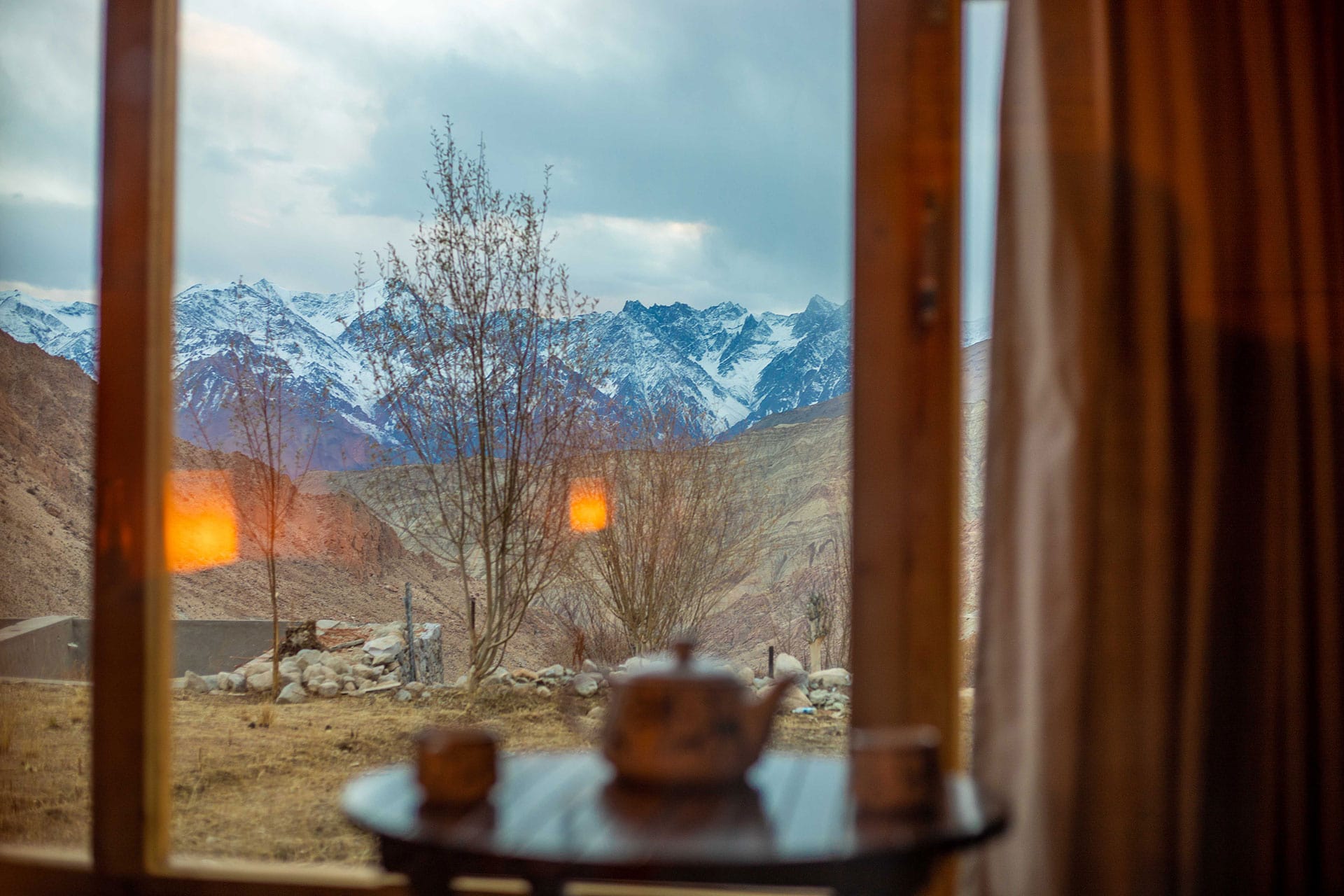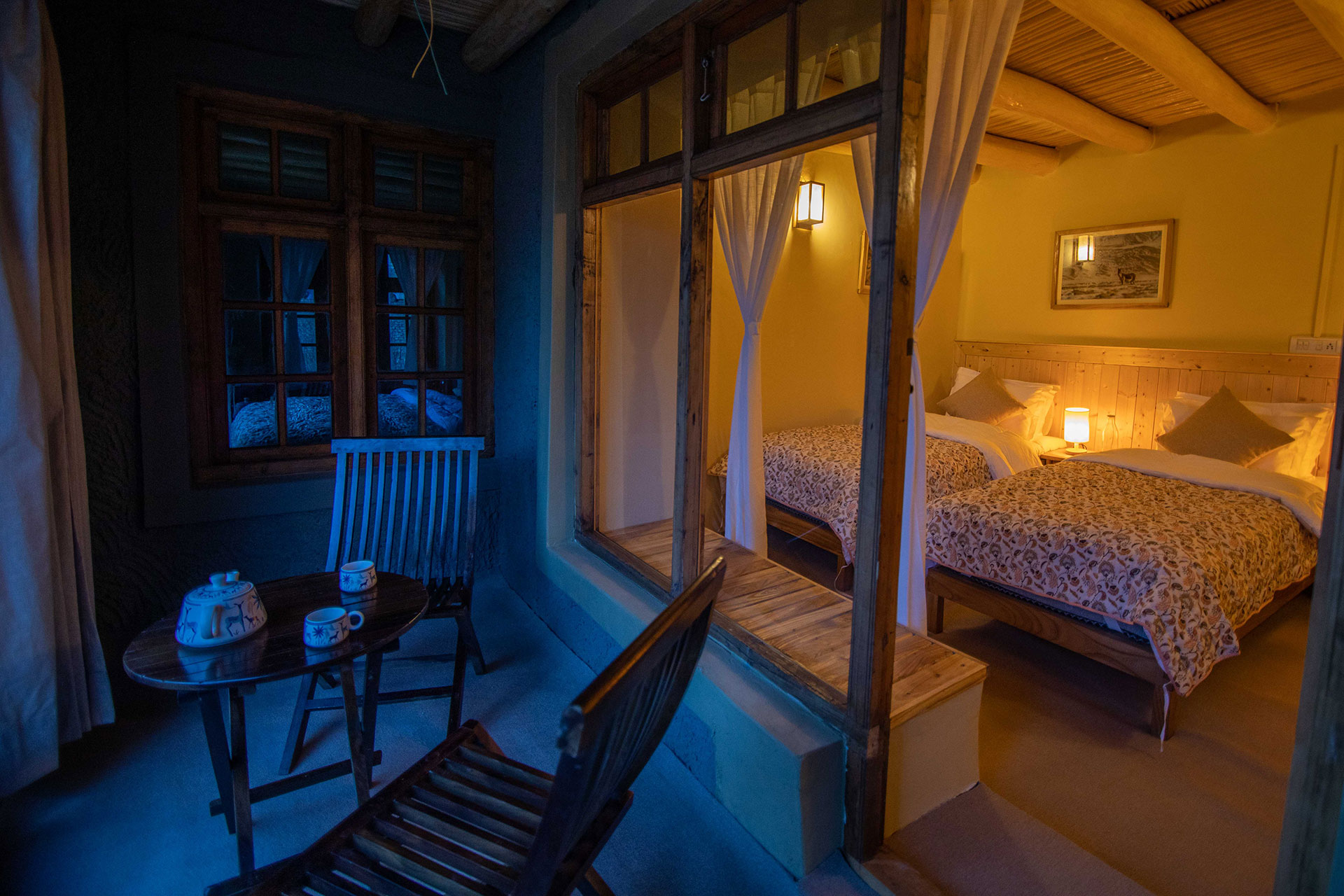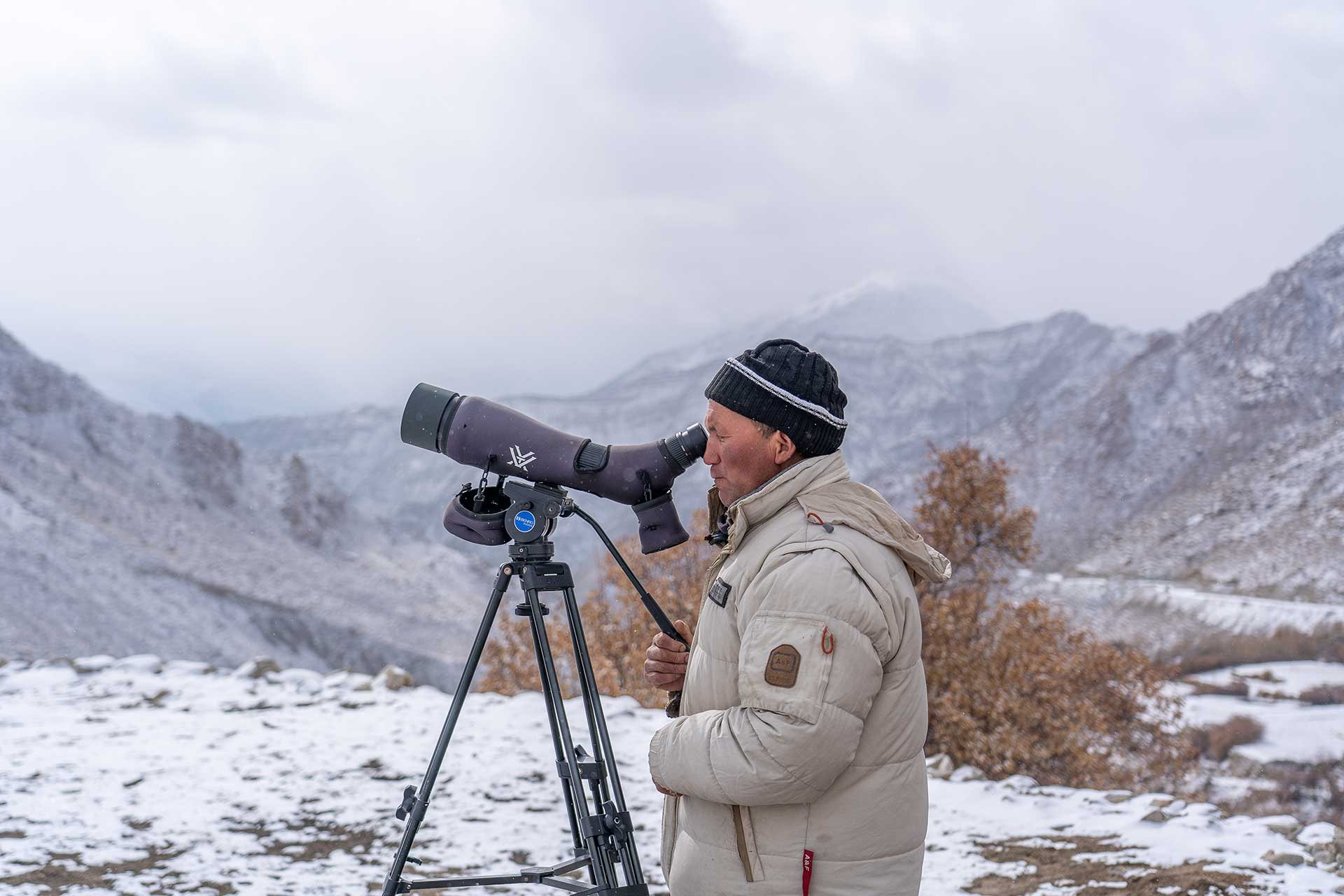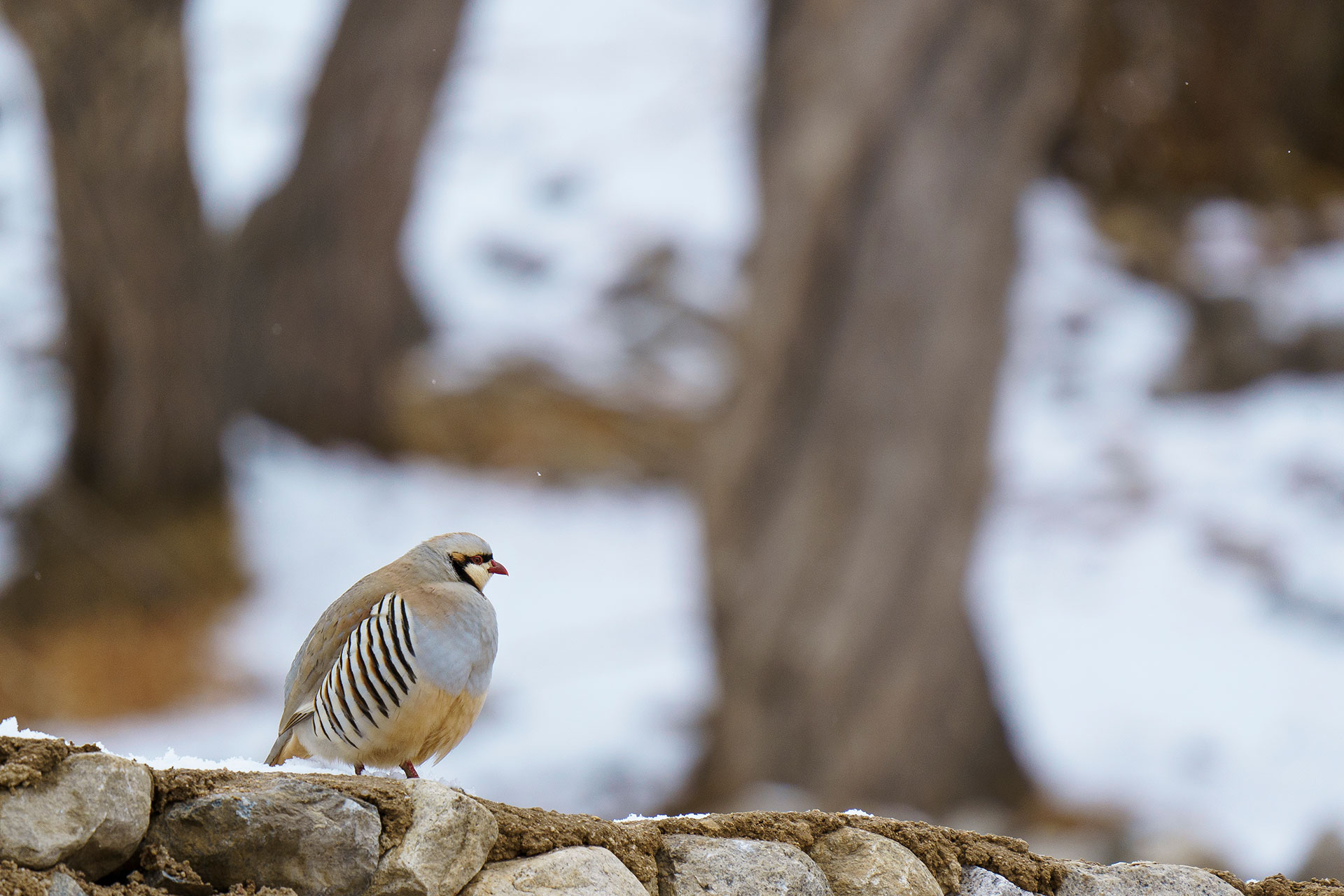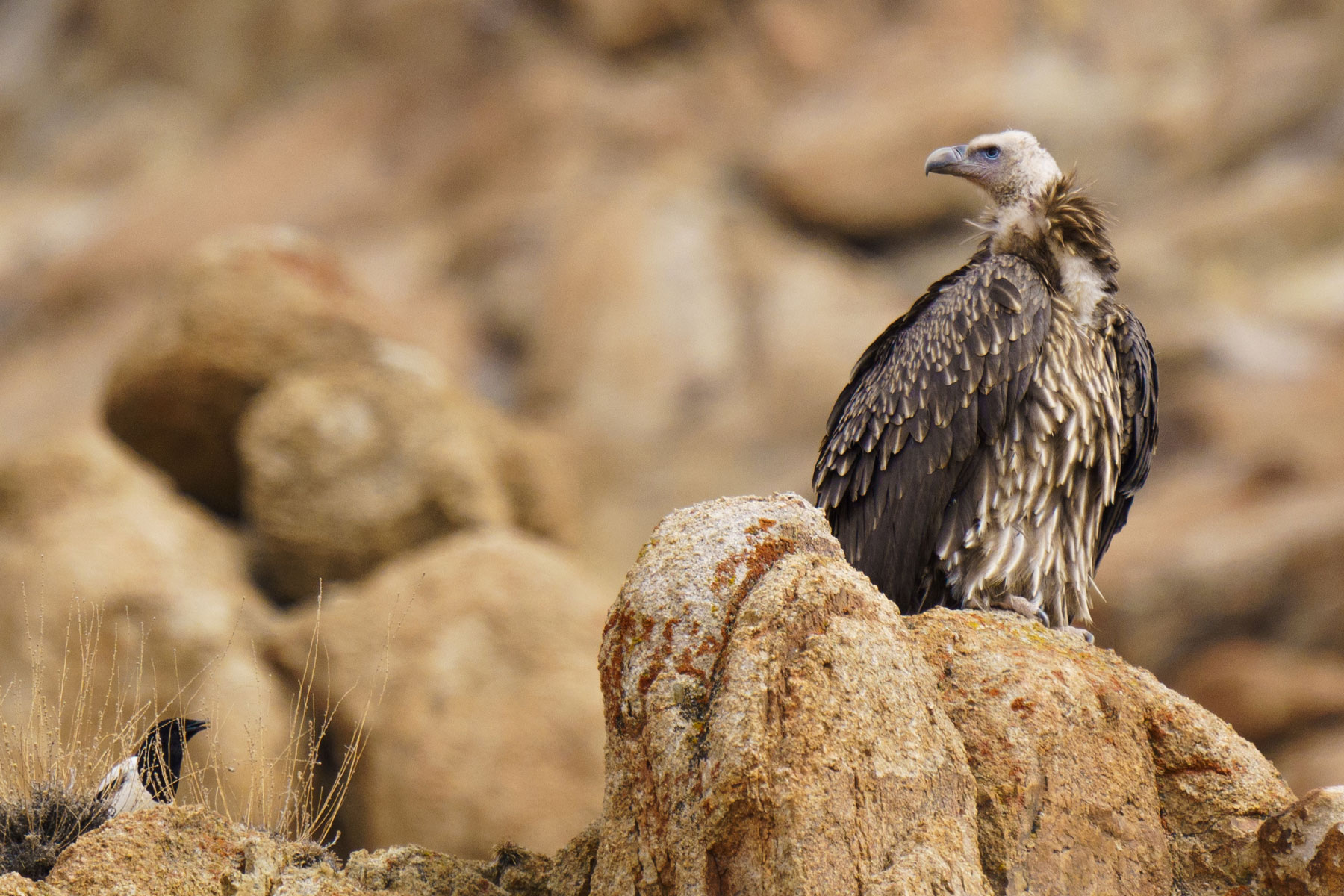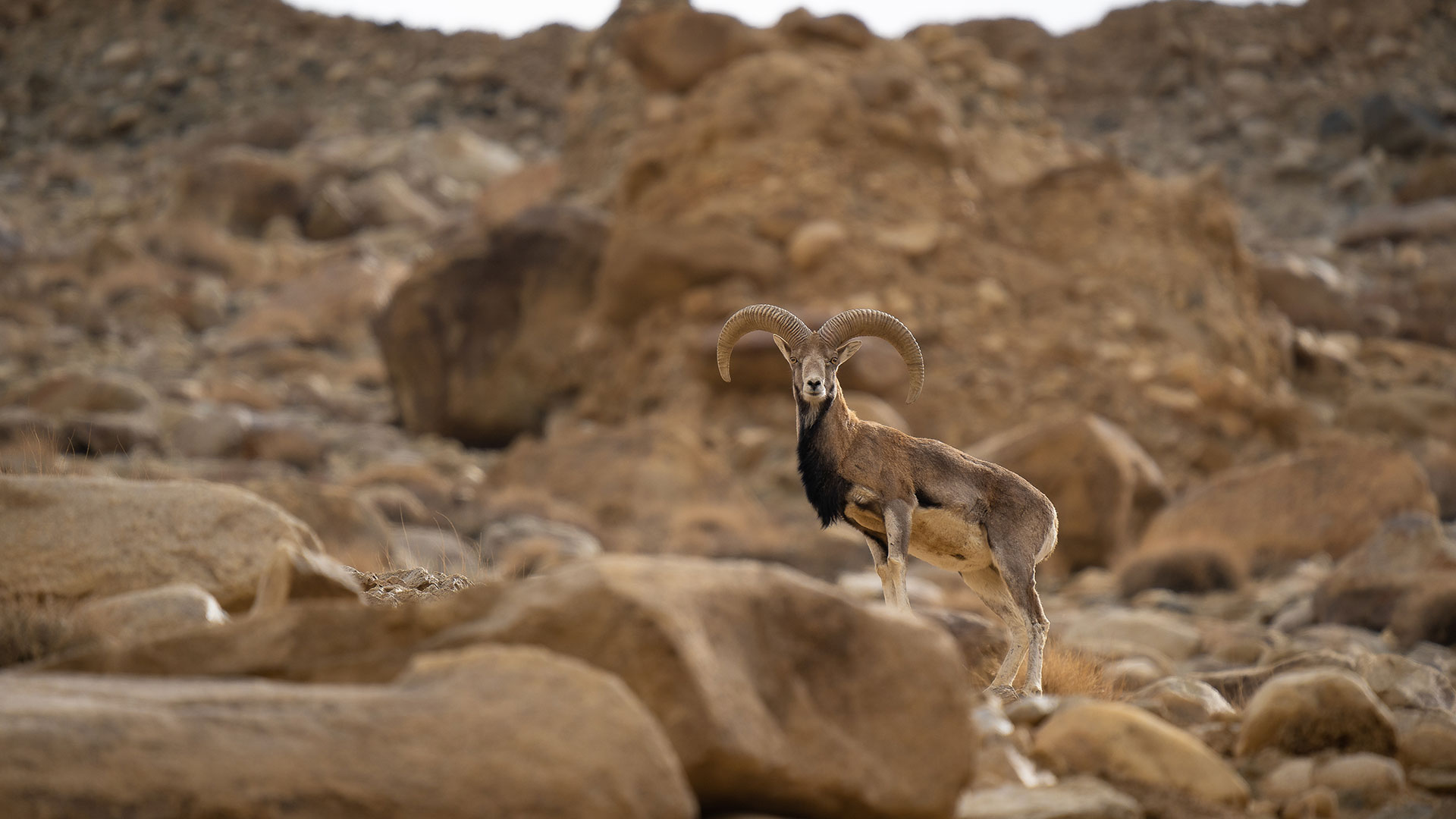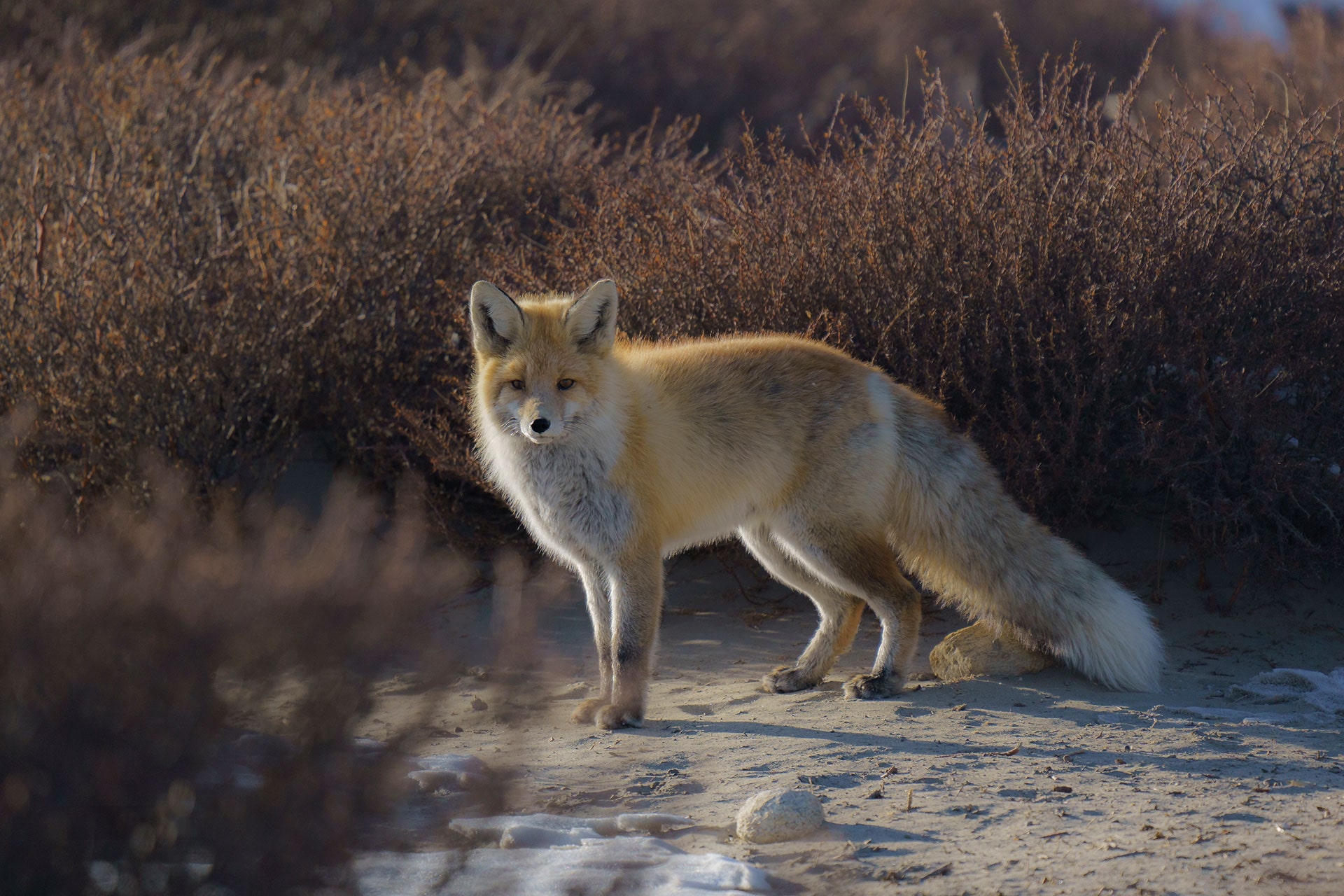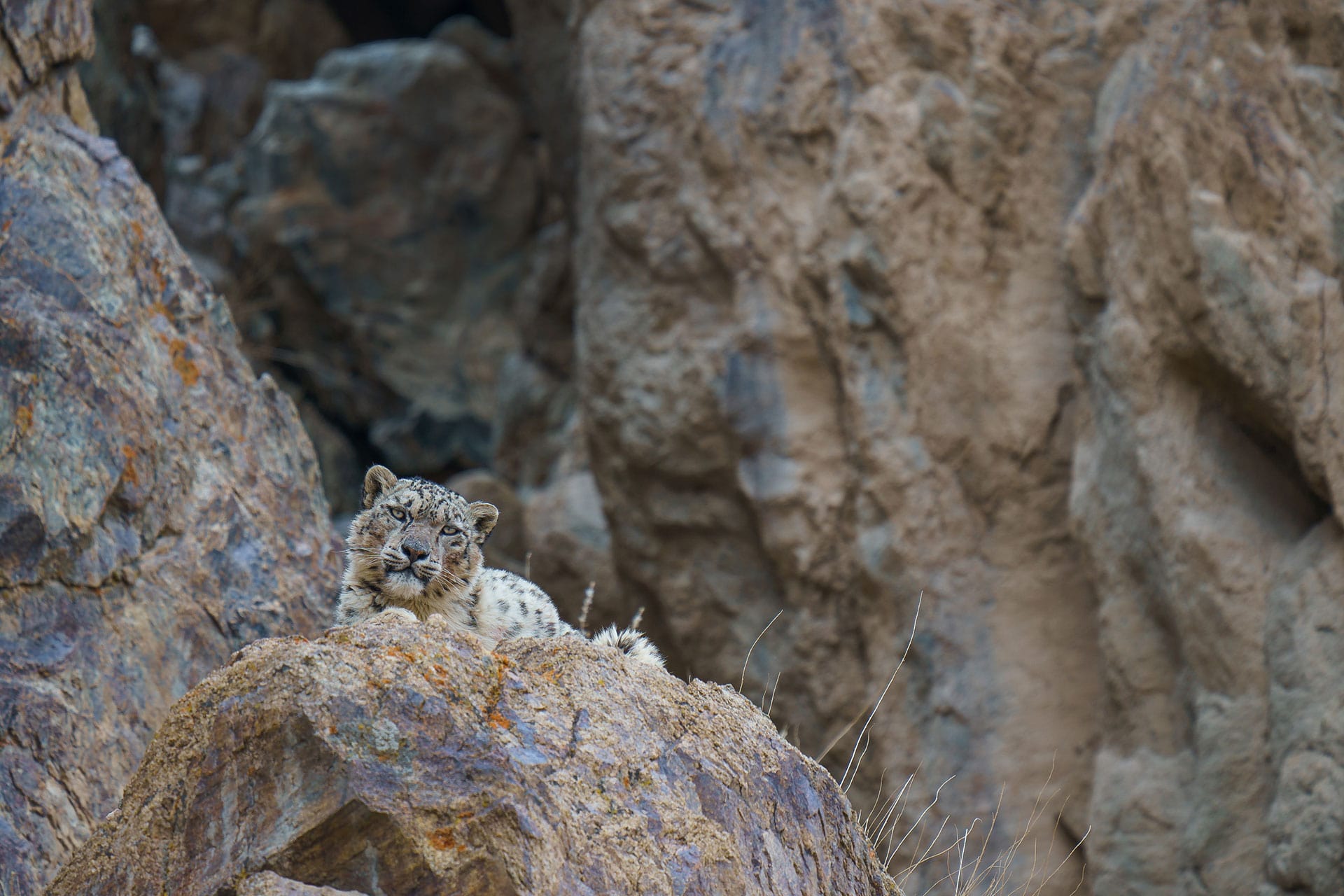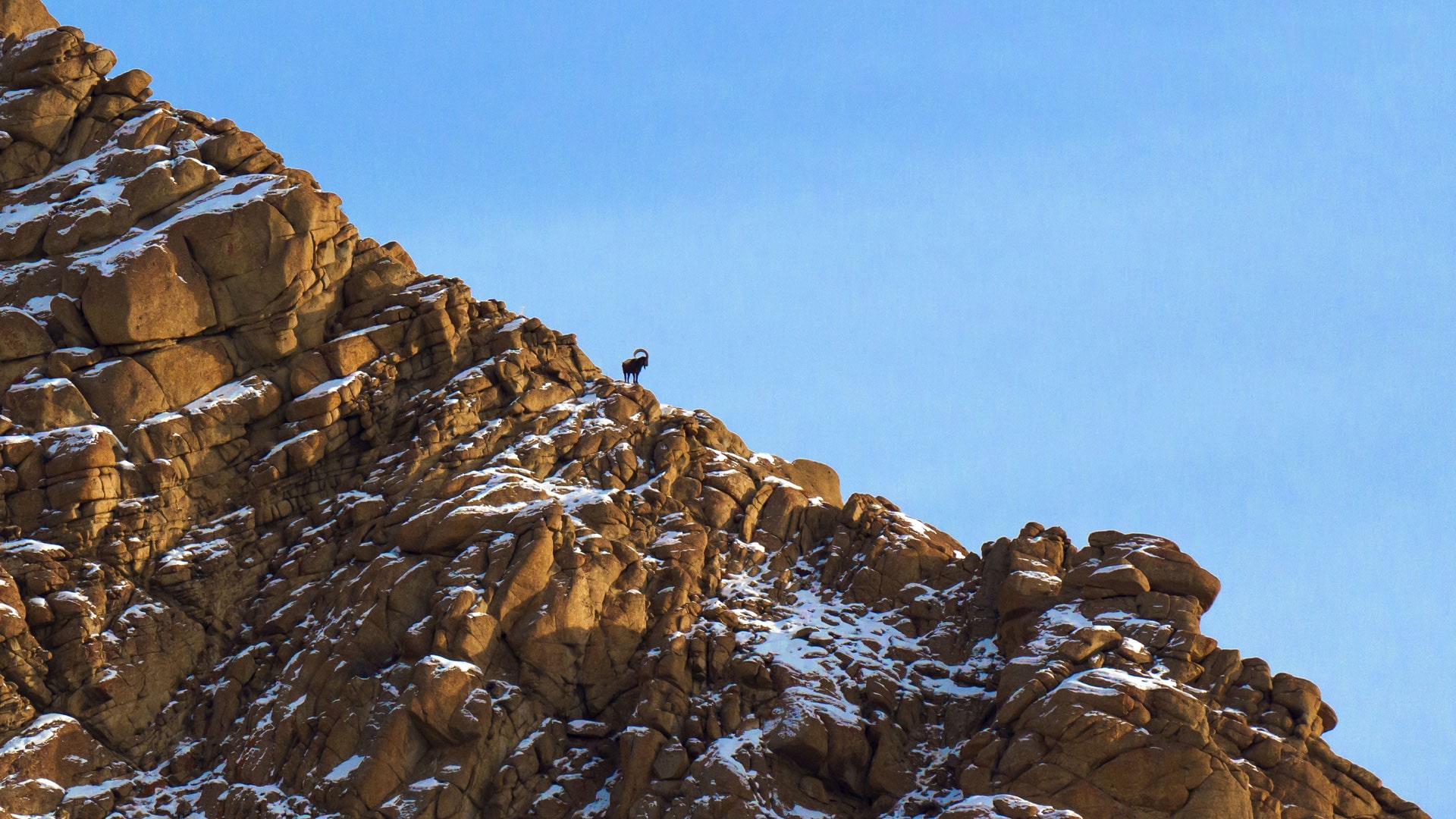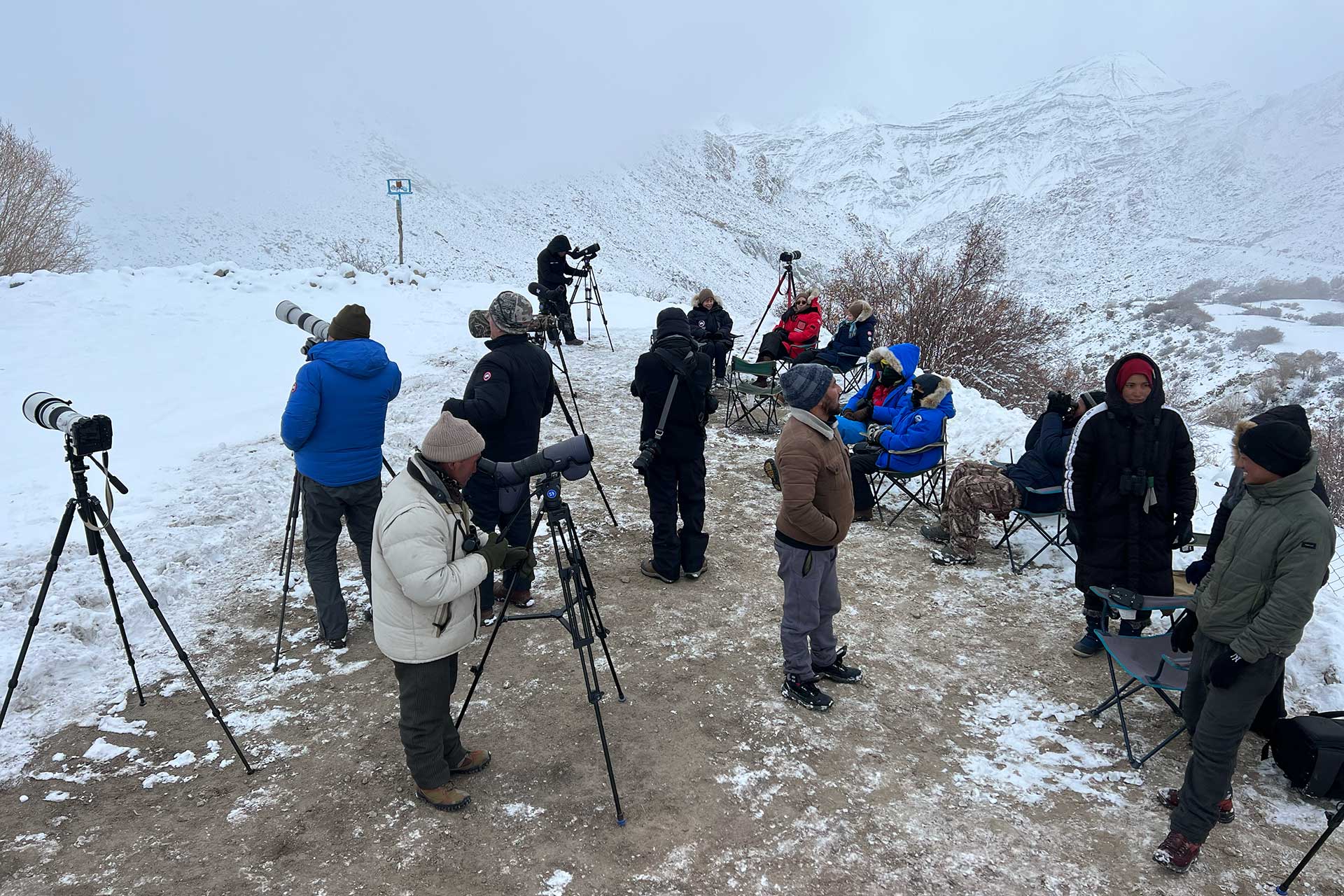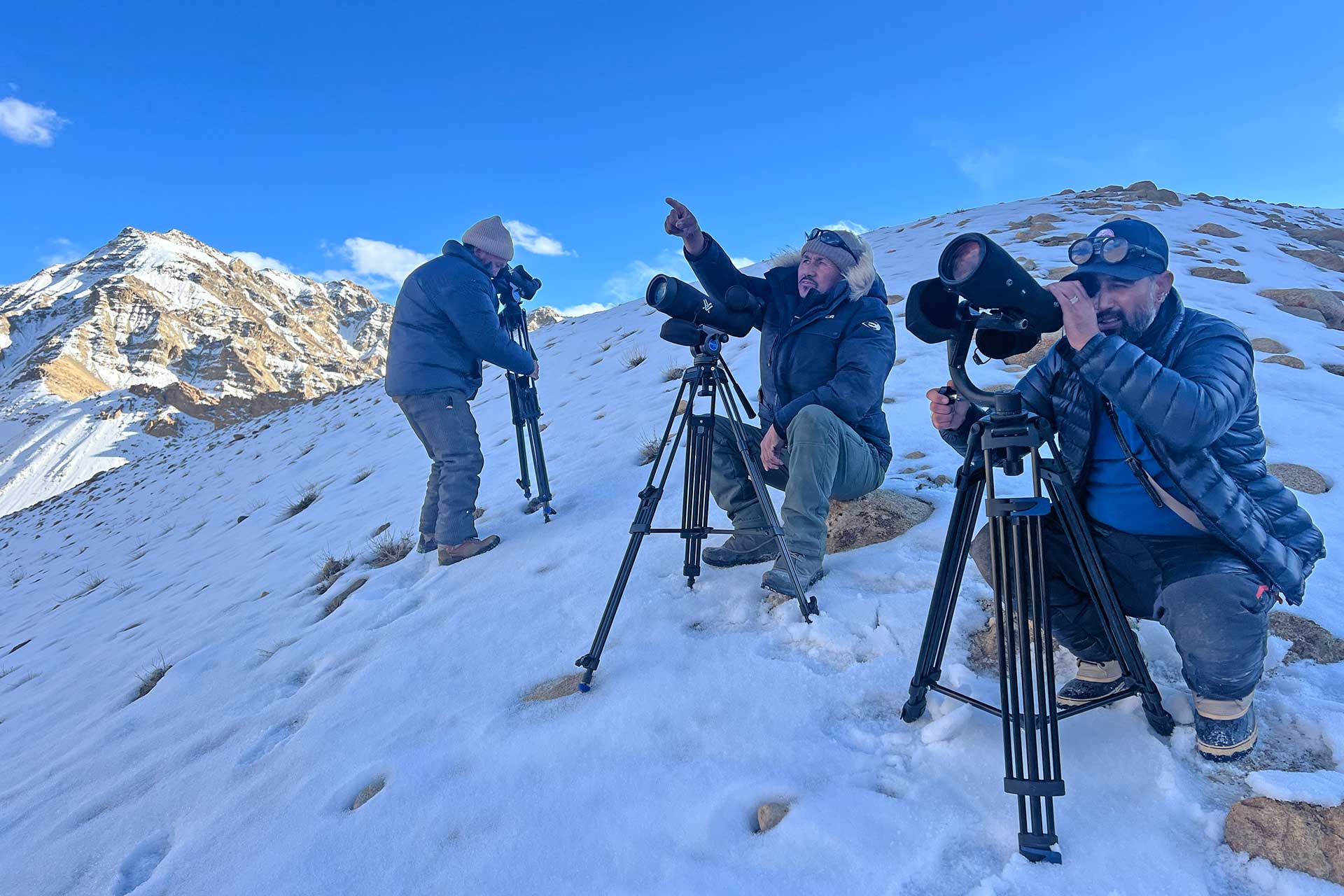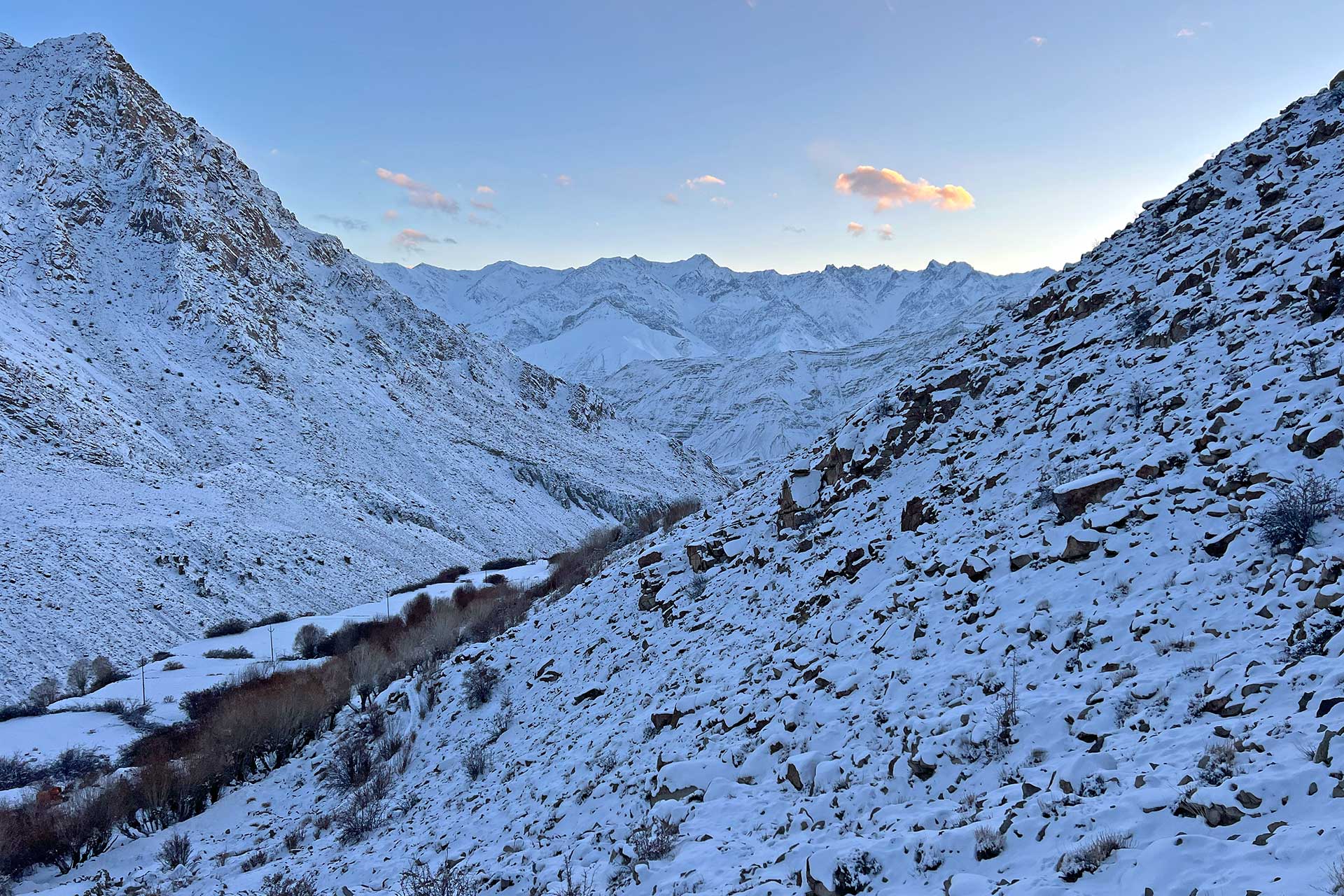Location
Contact
+91 60053 78312 | +91 97973 44047
See | Do
- Stay in a cosy lodge situated at 13,200 feet above sea level, owned and operated by a local family in a serene village with just six houses
- Embark on an extraordinary wildlife journey with local expert spotters to experience the rare, elusive species that inhabit Ladakh's pristine landscapes
- Savour the unhurried pace of life in Ladakh and engage in meaningful interactions with warm, welcoming locals
- Elevate your photography game by engaging with acclaimed photographers who can help you capture the essence of Ladakh's unique wildlife and landscape
- Participate in hands-on activities with the local community, including making Snow Leopard toys from locally sourced yak and sheep wool
- Gain profound insights into grassroots conservation efforts to safeguard Ladakh's precious wildlife and fragile habitats
- Delve into Ladakh's rich cultural and historical tapestry by exploring monasteries and ancient sites with petroglyphs
- Indulge in authentic Ladakhi cuisine, savouring local wine, freshly-produced dairy delights, and more organic treats
Good To Know
- For the best sighting chances, plan a stay for 7-8 nights
- Temperatures can range from -20 to10 degrees (November - April)
- The lodge houses six rooms (5 ensuites)
- Whether you're seeking a brief escape or a more immersive journey, we can help craft a personalised itinerary tailored just for you
- The lodge offers Indian, Chinese, Continental, Thai and Ladakhi cuisines
- Contact us directly or visit our website for more information
Shan at Uley, as the name suggests, is located in the village of Uley in West Ladakh, north of the Indus River, at an altitude of about 13,200 feet. The lodge is around 2 hours driving time away from Leh.
Uley is a hamlet of just six houses, beyond which are the high summer pastures, making it excellent Snow Leopard country. Shan at Uley was established in 2011 as the Snow Leopard Lodge, with a collective passion for wildlife and a profound love for Ladakh. For many years, the lodge thrived as a collaborative venture, offering incredible experiences and opportunities to connect with the elusive Snow Leopard and the mesmerising wildlife of Ladakh. Together with our partners, we established a reputation for excellence and a commitment to conservation and sustainability.
However, as time went on, we realised that our true calling lay in crafting a more personal and authentic experience for our valued guests. In pursuit of this vision, we decided to become a family-owned and operated establishment. Shan at Uley represents a new chapter in our story, one that is driven by our unwavering dedication to providing heartfelt hospitality, rooted in family values and a deep connection to the land we call home. We believe that by embracing our heritage and taking the reins as a family, we can offer a more intimate and personalised experience to our cherished guests.
As a family-run lodge, we take great pride in our comfortable and eco-friendly accommodations, ensuring your utmost comfort while treading lightly on the land. Our culinary offerings showcase the richness of local flavours, with organic ingredients sourced from our farm, even in the harshest conditions of winter months, providing a true taste of Ladakhi cuisine.
Beyond the walls of our lodge, we continue to uphold our commitment to conservation and sustainable tourism. We believe that responsible travel is a powerful tool for fostering environmental awareness and safeguarding the delicate ecosystems of Ladakh. Through our partnerships with neighbouring villages, communities and conservation organisations, we strive to make a positive impact on the preservation of wildlife and the protection of our natural heritage.
Shan at Uley is the only luxury property owned and run by a local family in Ladakh, making the experiences we offer unique and deeply rooted with the land and its culture.
Wildlife and Other Activities
Uley has a reputation not just for the high numbers of Snow Leopard sightings but as one of the best places to see the Asiatic Ibex, Ladakh Urial, Tibetan Wolf, Tibetan Red Fox, Bearded and Himalayan Griffon Vultures, Himalayan Marmot, Golden Eagle and numerous other rodent and bird species.
Uley’s abundant grasses mean it is a perfect natural habitat for wild ungulates like ibex and urials, thus attracting apex predators like the Snow Leopard. During winter, we specialise in offering tailored and personalised private tours for Snow Leopard and other wild animal sightings. These quests are headed by my father, Tsewang Norboo, along with a team of spotters from the area. My father has been a spotter for more than a decade and has worked with photographers and filmmakers from around the world and as a spotter for documentary and research teams including the likes of BBC and National Geographic.
We offer thoughtfully crafted itineraries and services which leave no impact on the land and wildlife. Our local and responsible approach ensures our guests experience this unique and important takeaway. We believe that every moment can be beautiful and worthwhile in the mountains. Life at Shan at Uley itself is worth living. Our lodge is full of stories—from the earth and stone used for its construction to the beautiful architecture, the traditional wooden stove which provides a sense of the warmth of the local culture, and the furnishings that decorate the interiors, sourced from local artisans, be it the woollen carpets, slippers, copper spoons or waste bins, each individually made by hand.
The photos that decorate the walls of every room have been captured by me, each with an exclusive backstory to it. Like in every other family, my mother too has the most special things to offer. Her special barley wine is completely prepared by herself, from cultivating the grain with her own hands, to fermenting, to the delicious end product. You need to taste it to know what you are missing out. She also makes all sorts of dairy products like butter, dried cheese, and curd, all by herself, with the A2 milk of our domesticated cows, Dzomo (a hybrid of yak and cow). She even operates a polycarbonate greenhouse which offers lush green organic vegetables even during the harsh winter months.
History of Family
Our family has lived here since time immemorial. The house itself is more than 400 years old. Though it looks new from the exterior because of the constant improvements to the facade, the summer kitchen, shrine room and other ancient amenities are a testament of its age.
The people of Uley were once renowned for their role as the horse caretakers of the king. The high-elevation pasture lands had abundant food for the animals. What started as two families has now expanded to six.
Community, Livestock and Conservation
The primary occupation of the people here has always been agriculture and rearing livestock. Our family was no different. My grandfather was a shepherd his whole life. We are heavily dependent on our animals and the grain we cultivate. From food to labour, everything comes from the land and our animals. So when a household loses its livestock to a wild predator like the Snow Leopard, it is bound to lead to conflict. Understandably, there would be hatred towards these predators, sometimes even leading to retaliation.
The introduction of tourism played a vital role in transforming the attitude of the people and enabling them to understand why these animals need to be conserved. In the year 2001, the Snow Leopard Conservancy India-Trust started operating a Himalayan homestay in Ladakh and piloted programmes like livestock insurance and providing livestock enclosures to minimise the conflict between wildlife and herders.
Snow Leopard tourism began in earnest after 2009, and Uley became renowned for spotting these elusive cats and other wildlife species. For my father, Tsewang Norboo, who had spent much of his life as a shepherd/labourer/, this proved to be the turning point. Having always kept an eye out for predators while herding cattle, it was not too different to find one through a scope and show it to the guests who had come from far away to catch a glimpse of the big cat.
My father became an excellent Snow Leopard spotter and in no time, his relationship with the animal shifted from hate to love. He eventually started working towards the conservation of these big cats. In 2013, my father initiated an independent conservation project in partnership with Mr Bobby from Hyderabad. The project aims to mitigate human-wildlife conflict at the grassroots level, providing financial aid to herders whose animals fall prey to wild predators. Mr Bobby funds the incentive, and my father is in charge of maintaining records and providing ground reports.
Why Support Local Communities?
The indigenous people of Ladakh who share their home with these rare and elusive wild animals also share the closest bond with them. Earlier, punctured by conflicts with predators like the Snow Leopard, Tibetan Wolf and Himalayan Brown Bear, since the last decade, this relationship has transitioned into one of understanding and harmonious coexistence. Although there are several reasons for this ongoing transition from conflict to conservation, such as education, religious beliefs, change in occupation, and awareness programs, wildlife tourism has had the most transformational influence, leading to widespread acceptance and understanding.
Supporting local families means supporting conservation on the ground level. In a local family-run lodge like Shan at Uley, where every resource is sourced from within or from nearby villages, all the income directly goes into the hands of the community. Not only does it promote a more sustainable and inclusive approach to tourism development in the region, it is organic fuel for the conservation of wildlife in the region.
Supporting locally run Snow Leopard tourism has several advantages for both conservation and community development.
- Community Empowerment: Locally run businesses provide direct economic benefits to the community and foster a sense of ownership and responsibility for conservation. Revenues generated stay within the community and contribute to local development projects.
- Cultural Sensitivity: Locally run establishments are more attuned to cultural nuances, ensuring that tourism practices remain respectful and align with community values. It helps in preserving and showcasing local traditions, enhancing the authenticity of the experience for tourists.
- Environmental Stewardship: Local operators are more likely to have a vested interest in preserving the natural environment as it directly impacts their community's well-being. They are more likely to adopt sustainable practices and adhere to responsible tourism guidelines.
- Customised Experiences: Locally run businesses can offer more personalised and unique experiences for environmentally conscious tourists.
- Capacity Building: Supporting local tourism encourages skill development within the community, fostering entrepreneurship and creating employment opportunities.
- Conservation Education: Local operators are well-placed to educate visitors on the importance of Snow Leopard conservation, local ecosystems, and the challenges faced by the community.
- Long-Term Sustainability: Supporting locally run businesses contributes to the long-term sustainability of conservation efforts by creating a self-reliant community. It reduces their dependency on external entities and ensures that conservation initiatives continue even if external support diminishes.











